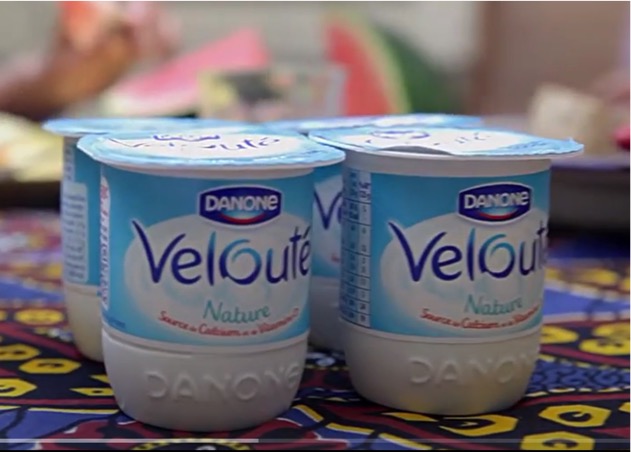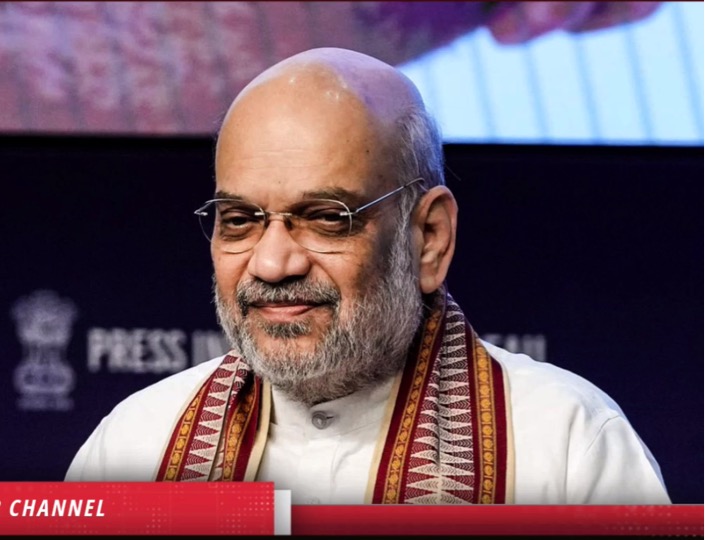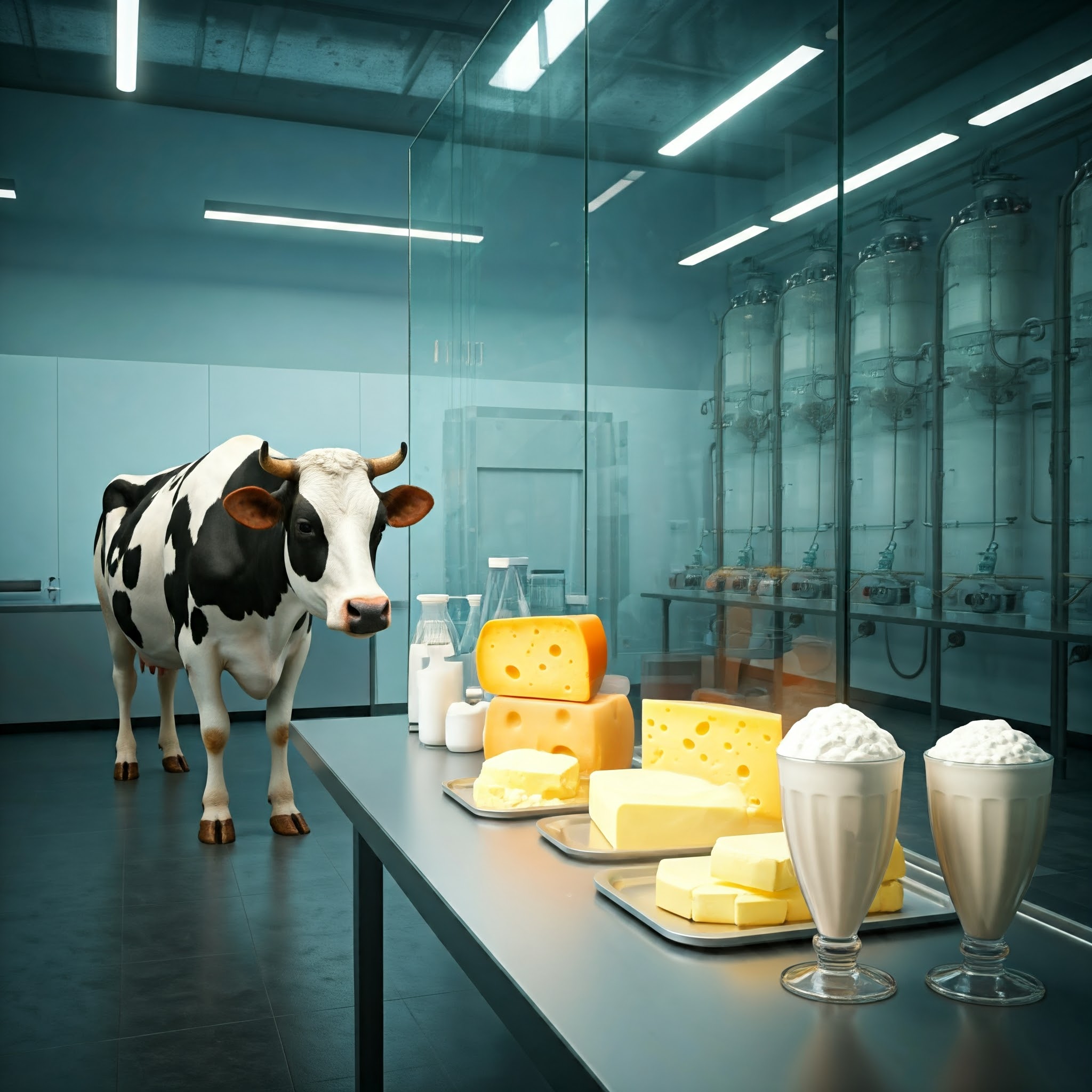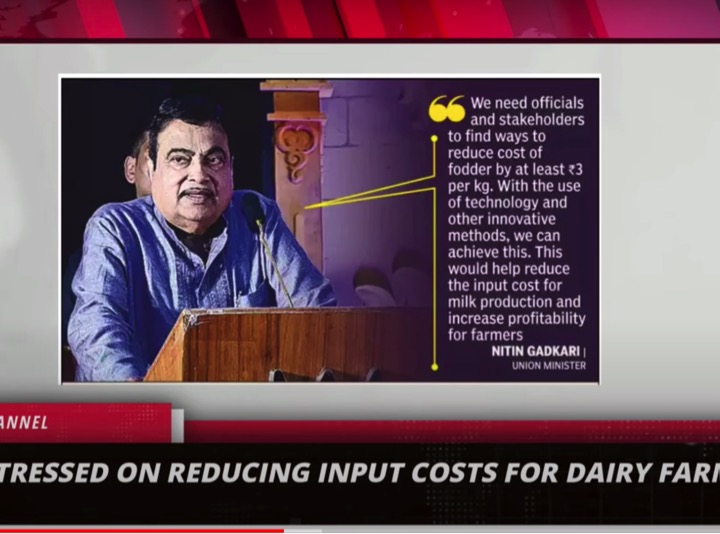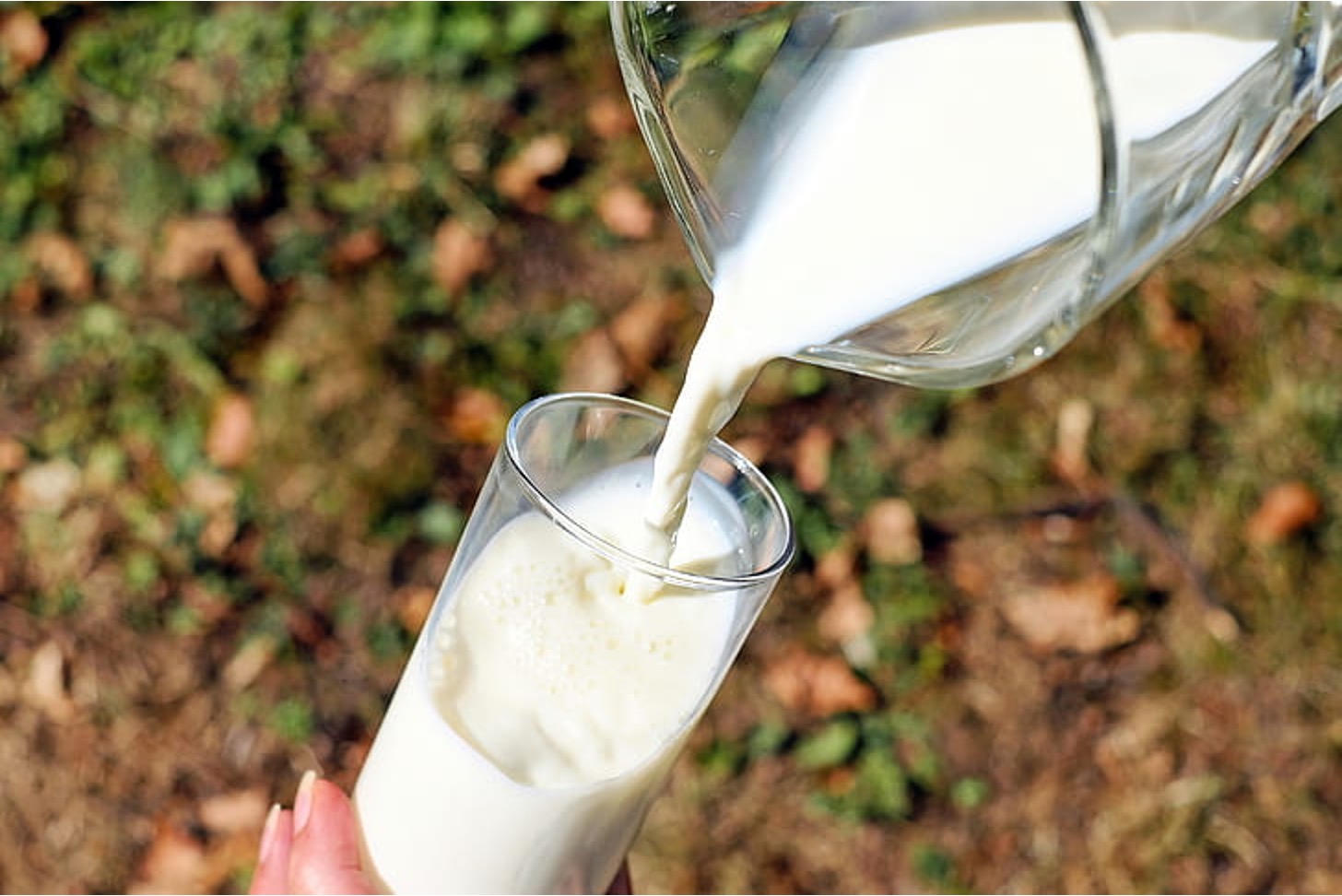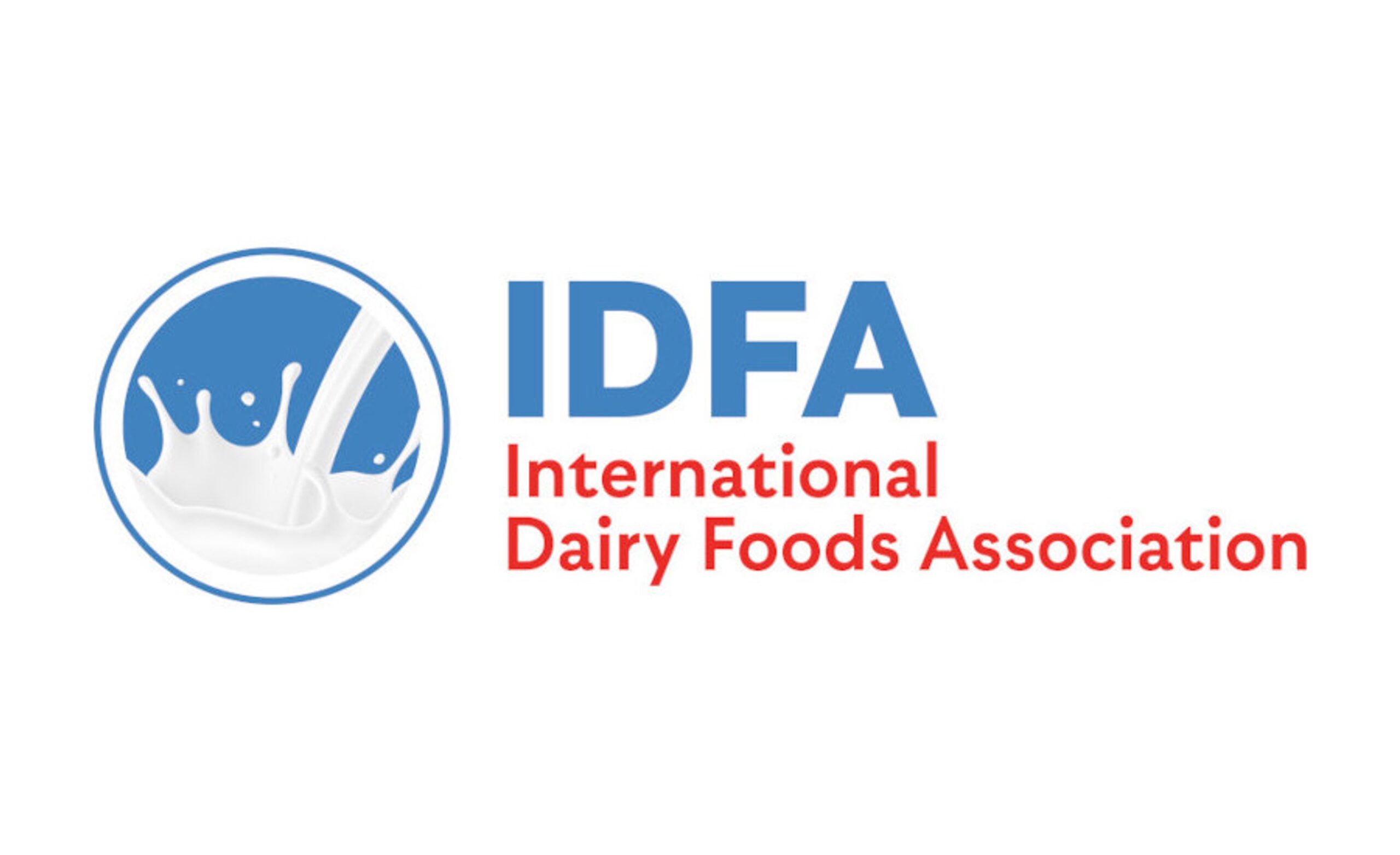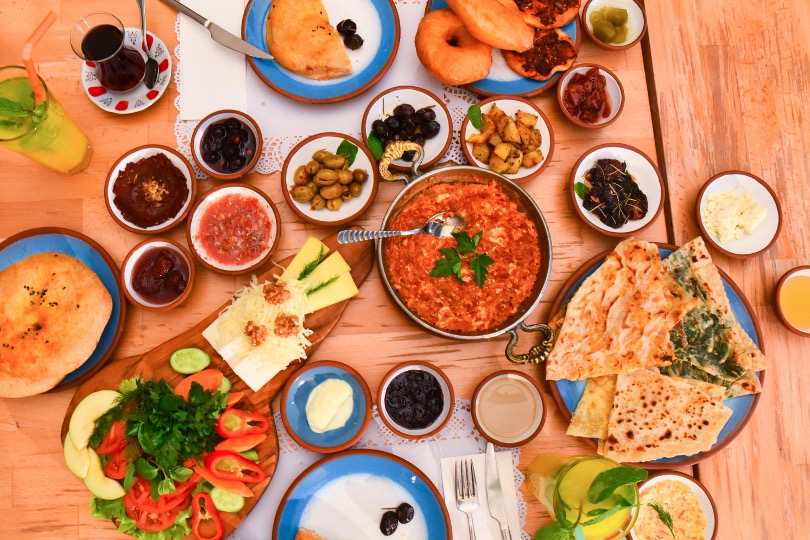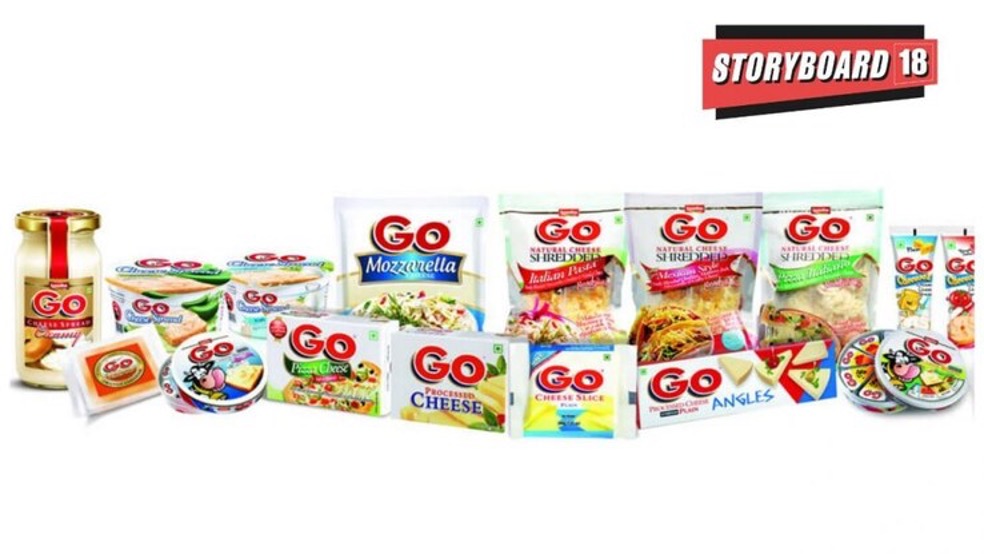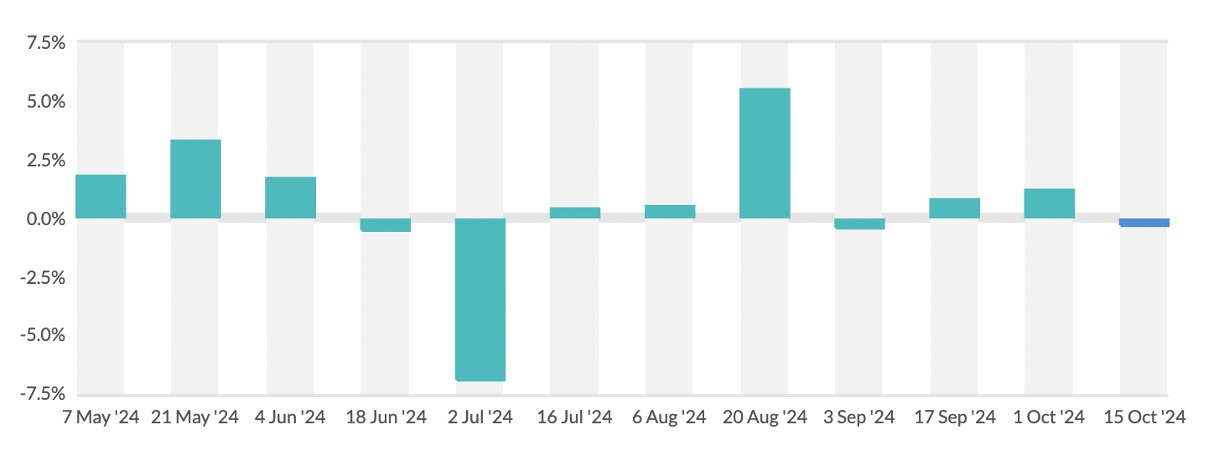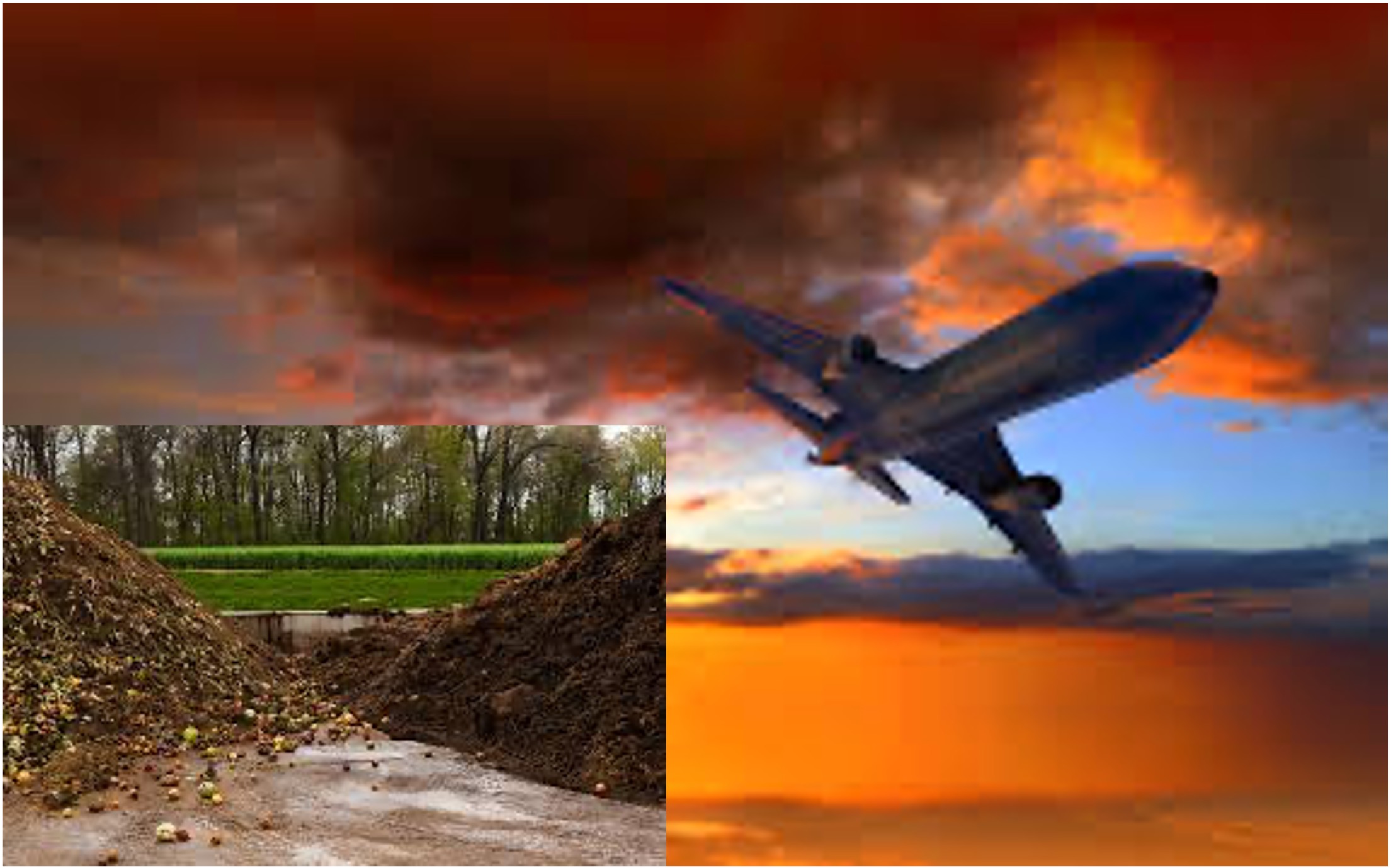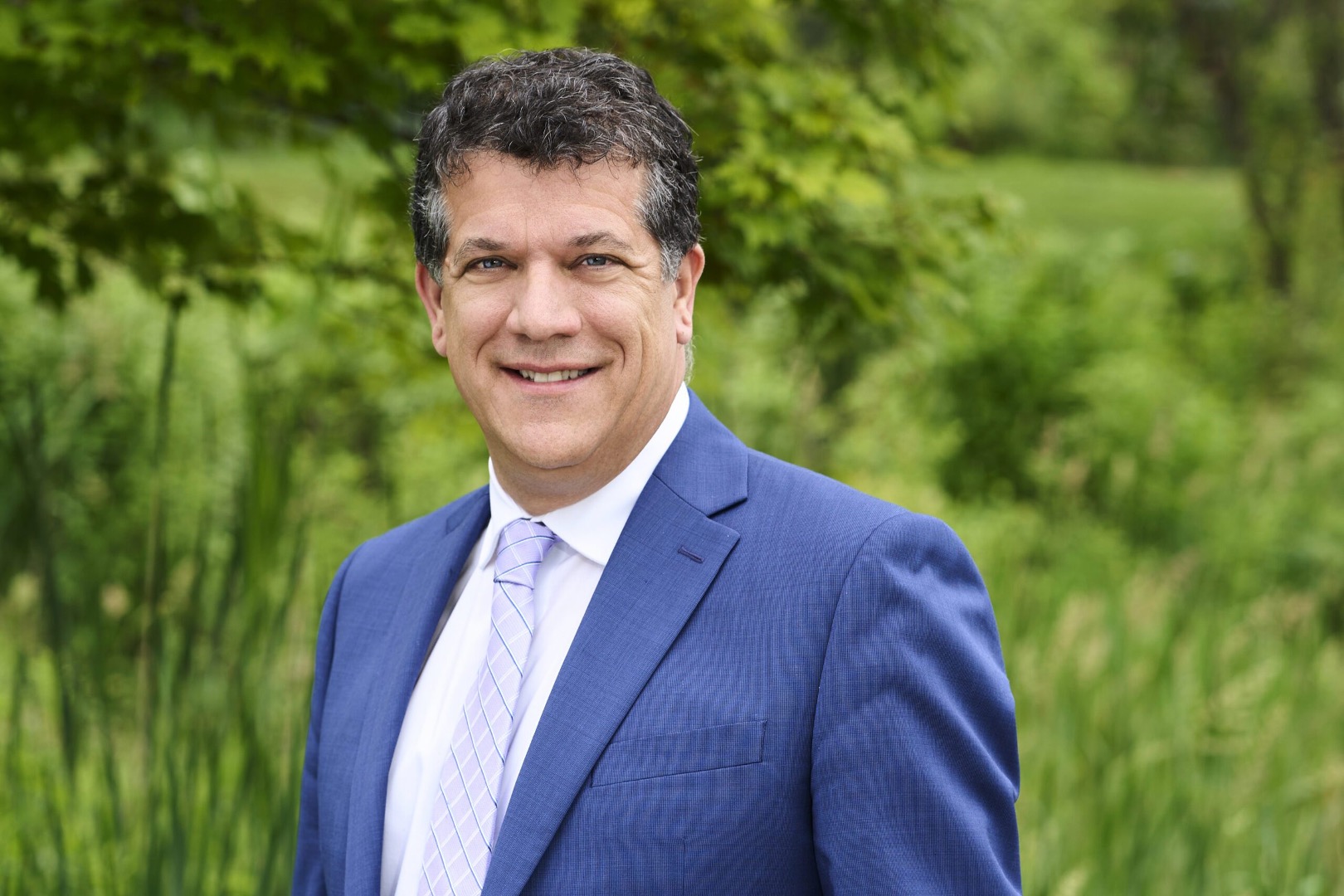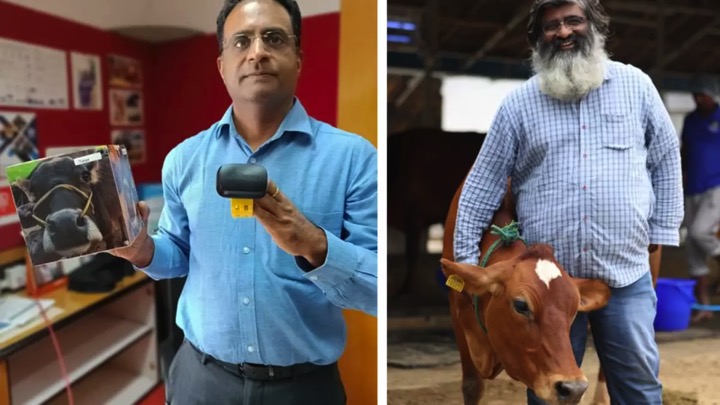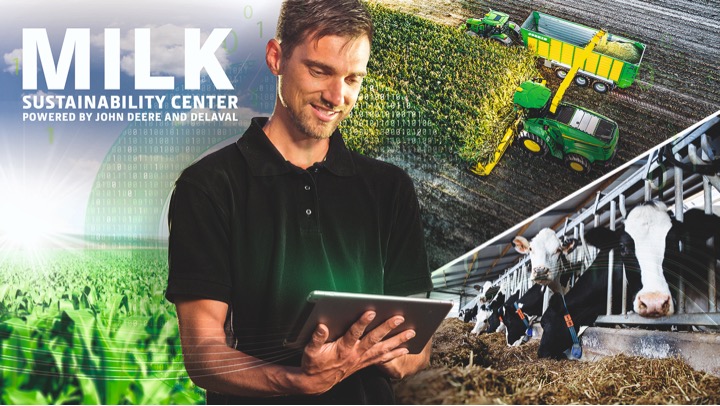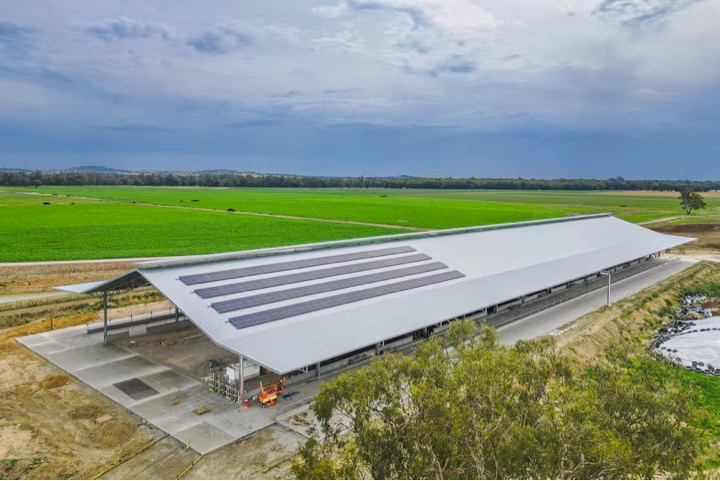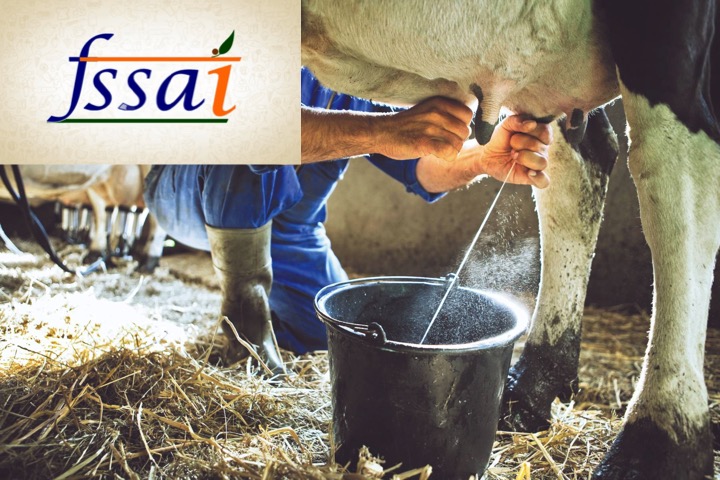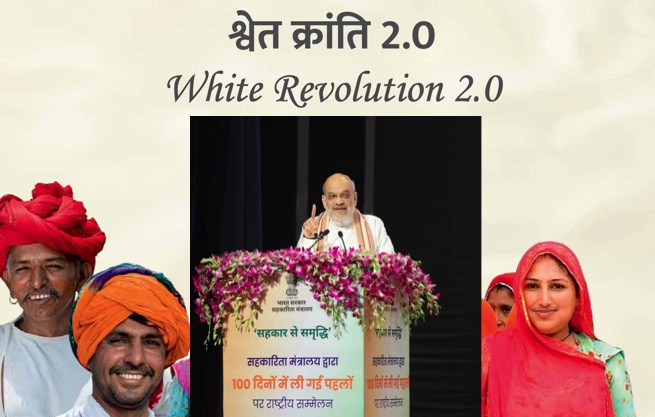Indian consumers will soon see more Danone products on shelves as the French food company considers India a priority market and will continue investing in it, chief executive Antoine de Saint-Affrique told Mint in an interview on Friday. He declined to share details of the new products, saying, “Competitors in India are so strong that I’m not going to announce in advance what we are going to do.”
On Friday De Saint-Affrique was in Chandigarh, which is 30 km from the company’s plant in Lalru. He also announced plans to invest €20 million to expand its nutrition facility in Lalru over the next four years. Danone sells early life nutrition products and nutritional supplements under Protinex brand in India.
“We are committed to the market for the very long term. We have products that are extremely relevant for India. About 25 million new babies are born in India every year, and we are one of the world leaders in early-life nutrition products. More elderly people are facing health issues, and we are one of the world leaders in medical nutrition,” he said.
In India since the 1990s
Danone has a long history in India, although its business here has been limited to adult nutrition and early-life nutrition. The world’s largest yoghurt maker entered India in the 1990s through a joint venture with the Wadia Group to build a biscuits portfolio for Britannia Industries Ltd. This lasted 13 years and included a dispute over the intellectual property of Britannia’s Tiger biscuits brand. The dispute ended when Danone exited the biscuits business worldwide.
The company launched its nutrition business in India in 2012 by acquiring the nutrition portfolio of Wockhardt group for €250 million. It also operated a beverage-focussed joint venture with the Rahul Narang Group in the 2000s. The JV ended in 2015 after Danone exited the beverage market in India, shutting down brands such as Qua and B’lue. It also sold fresh dairy products including milk and flavoured yoghurt, but exited the dairy business in India in 2018.
Globally, Danone sells products in several categories—from essential dairy and plant-based products to yoghurt (Activia), bottled water (Evian) and specialised nutrition products. It operates in more than 120 markets, and generated €27.6 billion of sales in 2023.
Missed opportunities?
Asked about potential missed opportunities in India’s dairy market, where a growing middle-class has benefitted large companies such as Nestle and Amul, de Saint-Affrique said “the past is the past”. “What I’m interested in is the future. The growth is no way close to stopping in India. See the growth of the population, the growth of the middle-class, you see the relevance of our products in these markets. So I don’t see an end to the growth of India,” he added.
The company has only “scratched the surface” in early-life nutrition, he said. It sells brands such as Dexolac in India, and competes with Nestle India and Abbot in this category. Penetration rates for such products in India are still low, he said.
Protinex is “sleeping beauty”—meaning it’s not doing too badly but is not where it should be – de Saint-Affrique said, adding, “There are plenty of things we can do in our existing categories.” As a result, growing existing categories is the “first priority”, he said.
De Saint-Affrique was brought in to head the food company in 2021 following the ouster of the former CEO after activist shareholders called for his removal. In 2022 de Saint-Affrique unveiled the “Renew Danone” plan which called for competitiveness in core categories and geographies, expanding of its presence in new segments and geographies, and seeding categories of the future, among other things.
“The company of today is very different from the company of three years ago. Three years ago indeed it was a choppy time with covid. The company had a very public governance crisis… we were challenged on performance. Three years later, we have delivered consistent performance,” he said.
Suneera Tandon was in Chandigarh on the invitation of Danone.


